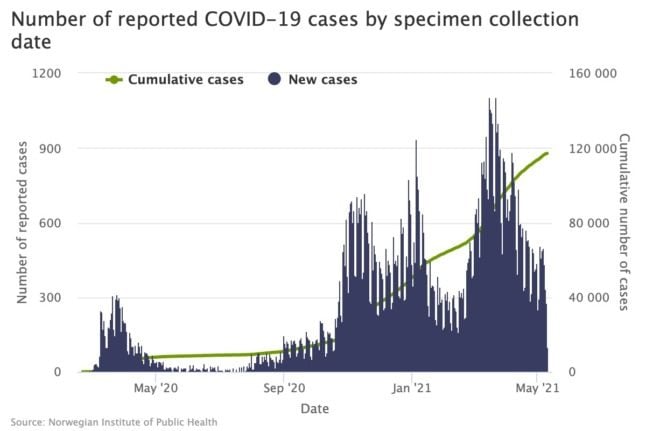Governor Stefan Ingves of Sweden’s central bank, the Riksbank, made the observation in a speech to the Committee on Finance of Sweden’s parliament, the Riksdag.
“If this does not slow down, I believe that there is a risk of financial imbalances arising, if not within, then beyond the forecast horizon,” Ingves said on Thursday.
He added that the Financial Supervision Authority’s (Finansinspektionen) recently introduced new loan ceiling is a step in the right direction to help curb soaring household debt.
Over the past decade, household borrowing has risen by 10 percent annually. At the same time, Sweden’s housing prices continue to climb to new highs with no sign of abating, along with the average loan-to-value ratio on mortgages.
“There are a wide range of plausible explanations as to why housing prices have risen and are rising. However, experience shows that when mortgage rates remain high for a long time, it can easily be worrisome in the future,” he added.
Ingves also warned banks that a large degree of responsibility in swelling mortgage lending falls on their shoulders, which worries the Riksbank, but admitted that the government and households themselves must also accept part of the blame.
“If we look at what has happened in other countries, the development we have now cannot continue indefinitely,” he said.
The aim is to ensure that the housing market does not go off track, he emphasised.
“If the risks increase, it is up to the banks to review their lending,” Ingves told the committee on Thursday.
On Tuesday, Bloomberg News warned of the problems that the European Central Bank faces when it begins withdrawing liquidity, illustrating the Swedish experience when the Riksbank became the world’s first central bank to end emergency loans last month.
Following the withdrawal of 300 billion kronor ($44.15 billion) of crisis loans, short-term interest rates in Sweden, which has the EU’s smallest budget deficit, jumped to their highest levels since January.
In addition, the measure also triggered a selloff of Swedish mortgage debt, which is twice as large as the government bond market.
The central bank continues to maintain a view for GDP growth of 4.8 percent this year compared with a 5.1 decline in 2009.
Separately, the Swedish government announced on Thursday that the country’s national debt is expected to fall to 26 percent of GDP in 2013 from the current 36 percent.
In the next three years, the national debt is expected to fall to 1 billion kronor from the current 1.2 billion kronor, the government wrote in a statement. Guidelines for the structure of the public debt will remain unchanged.




 Please whitelist us to continue reading.
Please whitelist us to continue reading.
Member comments